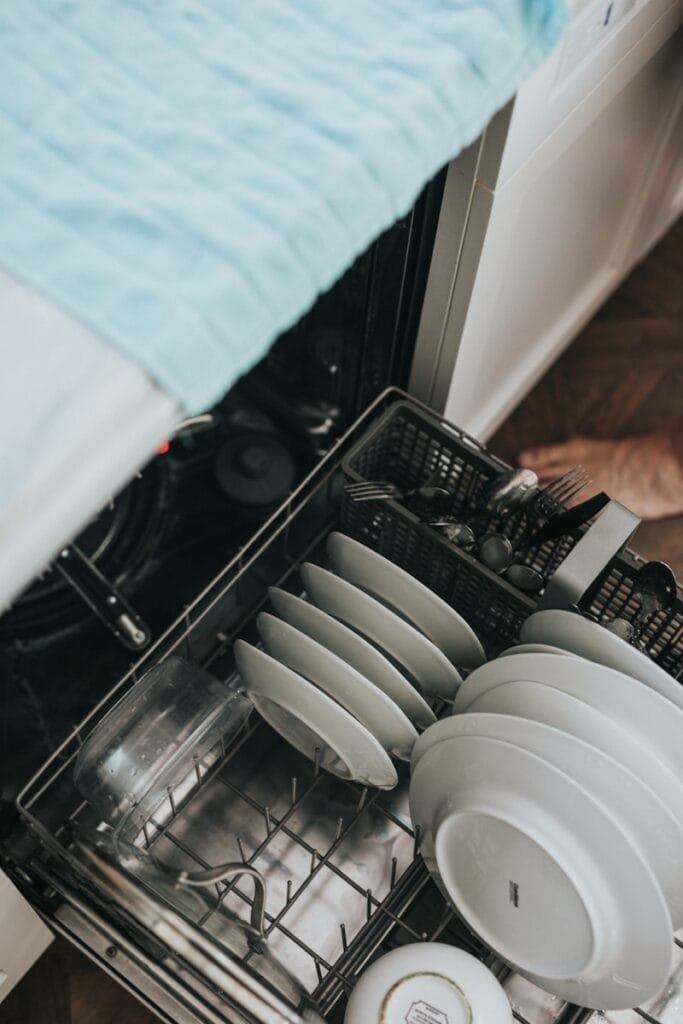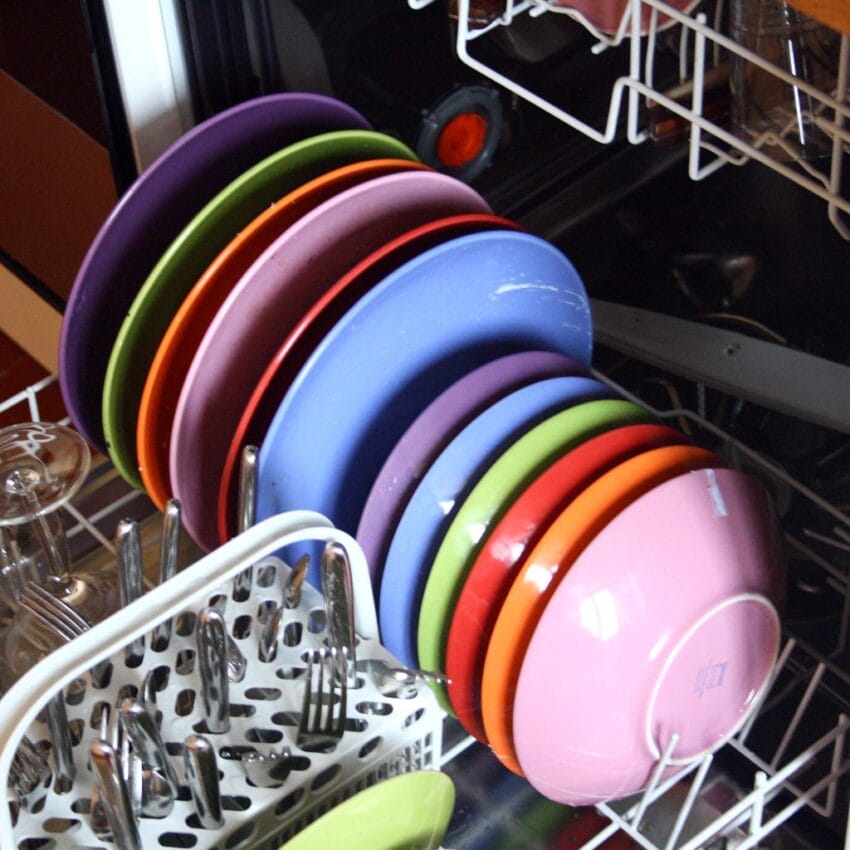In the vast landscape of appliance repair, dishwashers emerge as essential household gadgets, delivering convenience and efficiency to kitchens worldwide. The evolution of dishwashers has significantly altered kitchen dynamics, providing a time-saving solution for one of the most labor-intensive chores. However, like any mechanical device, dishwashers are susceptible to wear and tear, leading to performance problems that can disrupt their otherwise seamless operation. In this comprehensive guide, we will explore the common issues afflicting dishwashers, offering insights into their identification and providing practical solutions to restore optimal performance.
Understanding Dishwasher Basics: Functions and Importance
Before delving into specific performance issues, it’s crucial to have a basic understanding of how dishwashers operate. Dishwashers are sophisticated appliances designed to automate the process of cleaning and sanitizing dishes. They consist of key components such as a pump, spray arms, heating element, detergent dispenser, and various sensors to regulate water temperature and usage. Understanding the essential functions of these components is vital for effective troubleshooting and maintenance.
Dishwashers perform a series of functions, including spraying water onto dishes, applying detergent, heating water to appropriate temperatures, and drying the dishes at the end of the cycle. Modern dishwashers come equipped with various settings and modes, such as heavy-duty cycles for greasy dishes, eco-friendly modes to save water and energy, and express cycles for quick cleaning. Familiarizing yourself with these functions allows you to optimize the dishwasher’s performance according to your specific needs.
The importance of a well-functioning dishwasher cannot be overstated. Beyond the time-saving benefits, dishwashers contribute to water conservation by efficiently using water compared to manual dishwashing. Properly functioning dishwashers also enhance sanitation by using high-temperature water and detergent to eliminate bacteria and germs, ensuring that your dishes are not only clean but also hygienic.
Common Dishwasher Performance Problems
Inadequate Cleaning:
- A prevalent concern users encounter is the dishwasher’s inability to clean dishes effectively. This problem may arise from various sources, including clogged spray arms, a malfunctioning pump, or inadequate water pressure. To troubleshoot, start by inspecting and cleaning the spray arms to ensure unobstructed water flow. Additionally, check the pump for debris and confirm the proper functioning of the water inlet valve.
Water Leakage:
- Water leakage can be a messy and damaging issue, often stemming from a faulty door gasket, worn-out tub seals, or damaged hoses. To address this, meticulously examine the door gasket for any signs of wear and tear, replacing it if necessary. Similarly, inspect tub seals and hoses for cracks, and tighten any loose connections to prevent leaks.
Unpleasant Odors:
- Lingering odors within the dishwasher may result from food particles trapped in the filter, a dirty spray arm, or the growth of mold and mildew. Regularly clean the filter, remove debris from the spray arm, and periodically run an empty cycle with a cup of white vinegar to eliminate odors and disinfect the dishwasher.
Drying Issues:
- If dishes come out wet or with water spots, the dishwasher’s drying system may be at fault. Check the heating element for proper functioning and ensure that the rinse aid dispenser is filled. Additionally, choose the appropriate drying cycle and avoid overloading the dishwasher to facilitate proper drying.
Noisy Operation:
- Unusual sounds during operation can be indicative of issues with the pump motor, spray arm, or bearings. Inspect these components for wear or damage and replace them as needed. Also, ensure that dishes are loaded properly to prevent them from interfering with the spray arm’s rotation.
Troubleshooting and Solutions: A Handy Guide
| Problem | Possible Causes | Solutions |
| Inadequate Cleaning | Clogged spray arms, malfunctioning pump | Clean spray arms, check pump, inspect water inlet |
| Water Leakage | Faulty door gasket, worn-out seals | Replace door gasket, inspect seals, tighten hoses |
| Unpleasant Odors | Dirty filter, mold, mildew | Clean filter, remove debris, run vinegar cycle |
| Drying Issues | Faulty heating element, rinse aid | Check heating element, refill rinse aid, adjust |
| Noisy Operation | Worn pump motor, damaged spray arm | Inspect and replace worn components, load dishes properly |
Preventive Maintenance Tips
Regular Cleaning:
- Schedule routine cleaning sessions for your dishwasher, encompassing the filter, spray arms, and interior surfaces, to prevent the accumulation of debris and odors.
Proper Loading:
- Ensure dishes are loaded correctly, allowing for unobstructed water flow. Avoid overloading, as it can hinder the cleaning process.
Use Quality Detergent:
- Invest in a high-quality dishwasher detergent to enhance cleaning efficiency and maintain the longevity of your appliance.
Check Water Temperature:
- Verify that your water heater is set to an appropriate temperature (typically 120°F or 49°C) for optimal dishwasher performance.
Inspect and Clean the Drain:
- Periodically check and clean the dishwasher drain to prevent clogs, ensuring proper water drainage during cycles.
Examine the Water Inlet Valve:
- Regularly inspect the water inlet valve for any signs of damage or blockage, as a malfunctioning valve can impact water supply and dishwashing performance.
Evaluate the Door Latch:
- An improperly latching door can lead to water leakage. Check the door latch for any misalignments or damages and adjust or replace it accordingly.
By implementing these troubleshooting techniques and incorporating preventive maintenance practices, you can extend the lifespan of your dishwasher and bid farewell to common performance woes, ensuring a consistently clean and efficient kitchen. Remember, a well-maintained dishwasher not only saves time but also contributes to a more sustainable and eco-friendly lifestyle.








